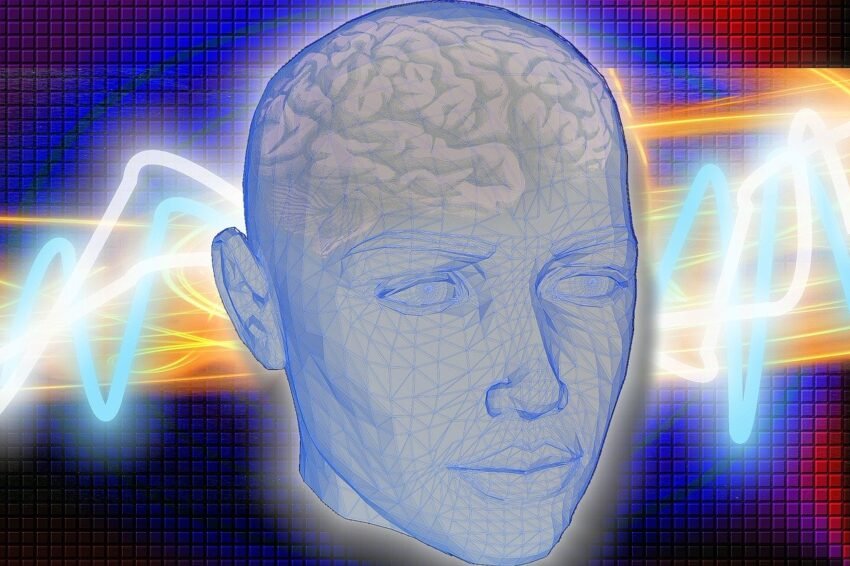
A brain injury can turn your world upside down in an instant. Brain injuries may occur because of an accident, fall, or assault (traumatic brain injury -TBI) or tumour, stroke or lack of oxygen to the brain (non-traumatic brain injury – NTBI.) Whatever the cause, the effects ripple through every aspect of your life – physical, emotional, and legal. Navigating recovery after a brain injury can be challenging., but you don’t have to face this daunting journey alone.
With the right support system and a compassionate guide, you can navigate the road to recovery with hope, empowerment, and grace.
Keep reading as we explore essential strategies and resources to help you find your footing and progress through these challenging times with understanding and resilience.
First Steps Following a Brain Injury
The moments after a brain injury are critical. Promptly seeking medical attention should be the immediate response if you or someone close has sustained a brain injury.
Getting an early diagnosis and starting treatment can greatly enhance the recovery trajectory, with medical experts conducting thorough assessments and immediate care. Time is vital in these moments, and the response time could affect the outcome.
Support from Healthcare Professionals
As mentioned, medical experts will begin assessments and provide care immediately. However, once you have moved beyond the initial treatment, continuous support from these healthcare professionals becomes crucial.
Neurologists will manage the medical aspects of your injury, while rehabilitation specialists will aid in your physical and cognitive healing.
The care doesn’t end there. Going for regular check-ins with these experts helps manage any complications and keeps your recovery on a positive track.
Legal Guidance: Understanding Your Rights
It’s not just medical advice you should be following. Knowing your rights after a brain injury is especially important if it occurred through no fault of your own.
Consulting with brain injury solicitors can provide invaluable advice. This is a specialist area, so it is important to seek advice from those who have the appropriate expertise. There are skilled solicitors across the UK, such as this brain injury solicitors in Manchester, who offer guidance on compensation claims and legal proceedings, ensuring you receive the support and financial assistance necessary for rehabilitation.
Crafting a Tailored Recovery Path
Every brain injury is unique, so recovery plans should be personalised to the individual. Develop a plan catering to immediate and evolving needs in collaboration with your healthcare team. This may include physical therapy, cognitive exercises, and ongoing evaluations to fine-tune your treatment.
Of course, with this plan in place, you must follow it and seek support to help you navigate the path to recovery.
Physical and Cognitive Rehabilitation Techniques
Speaking of the road to recovery, rehabilitation is pivotal in overcoming a brain injury. There are many aspects of rehabilitation that can help with the process.
Physical therapists, for example, focus on enhancing strength and mobility, while occupational therapists assist in recovering daily living skills. Cognitive rehabilitation might include exercises to boost memory, attention, and other cognitive skills. Regularly engaging in these exercises can help significantly improve your recovery outcome.
Addressing Emotional and Psychological Impact
As expected, the emotional toll of a brain injury can be profound. It can often bring about feelings of frustration, anger, or sadness.
However, you are not alone in this process. Seeking psychological support through counselling or therapy can be very beneficial. There are mental health professionals who can provide you with coping strategies that foster emotional wellbeing during your recovery journey.
A Path Towards Renewal
While the journey to recover from a brain injury can be lengthy and demanding, the right combination of medical care, legal support, and dedicated rehabilitation can lead to a significant restoration of independence and quality of life.
As you face and overcome these challenges, remember that a community of resources and support is available to assist you every step of the way.
Source: healthylifeessex.co.uk








 Please wait...
Please wait...

Add comment